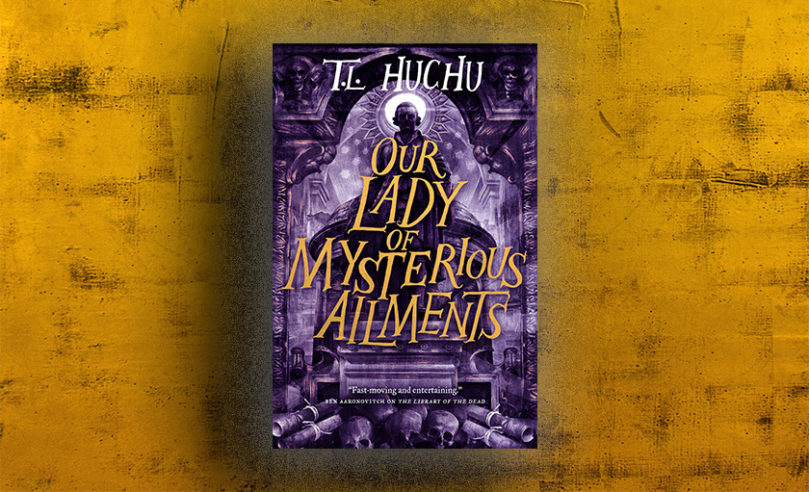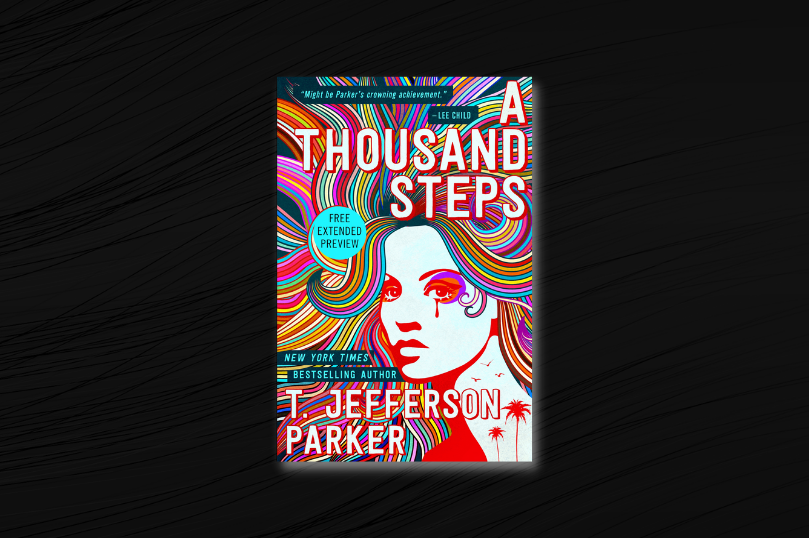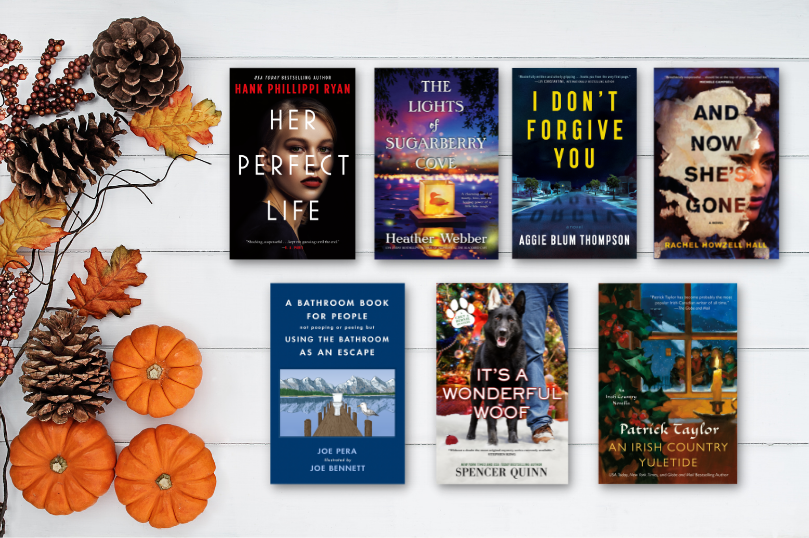
Motherhood and the Zombie Apocalypse
What would you do if the zombie apocalypse actually happened? Would you pull a Walking Dead and drag out the crossbow you have under the bed (just in case)? Or would you perhaps…rather not deal with it at all. Olivie Blake, author of The Atlas Six (now available in paperback!), joins us on the blog to discuss…









